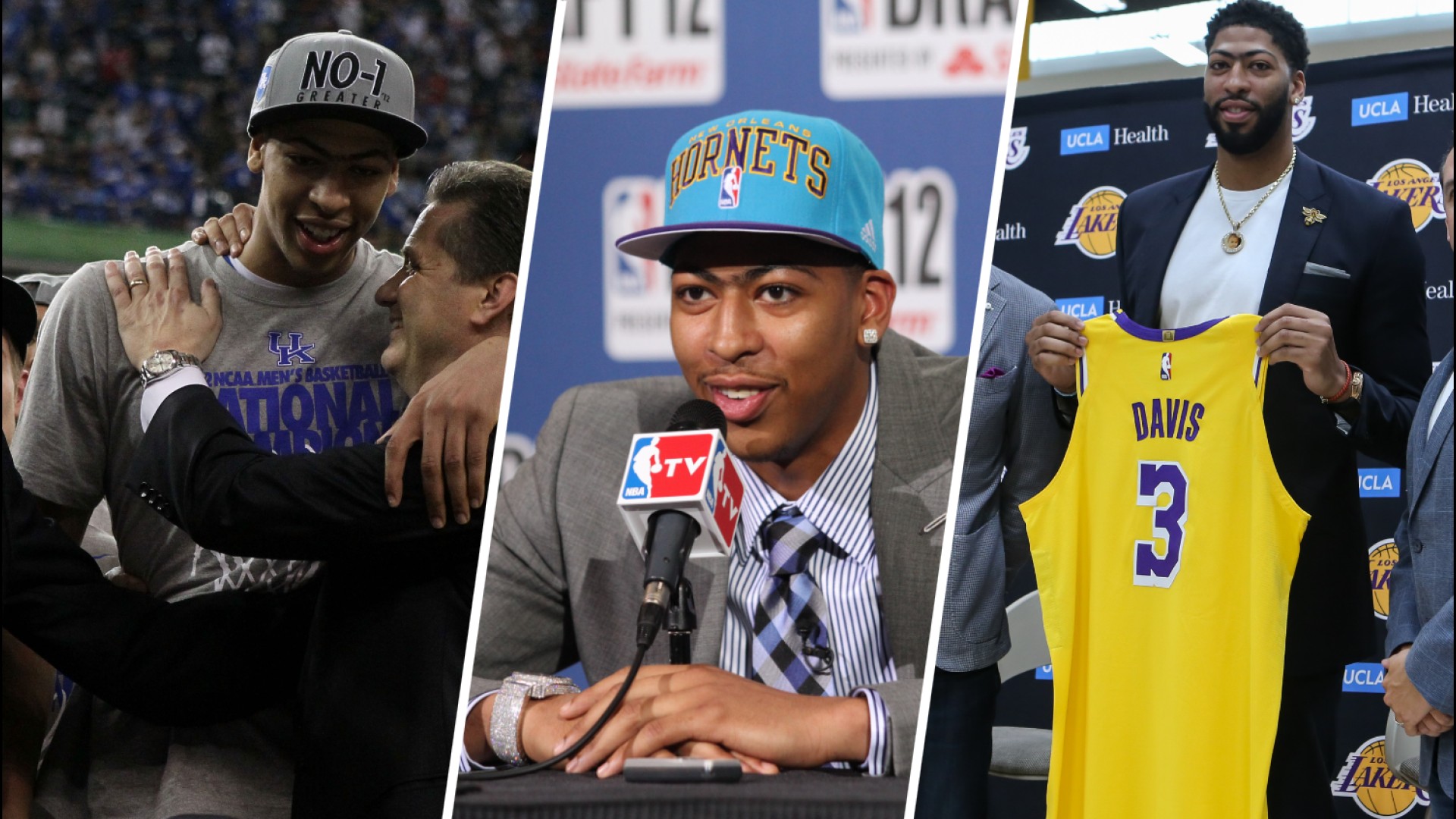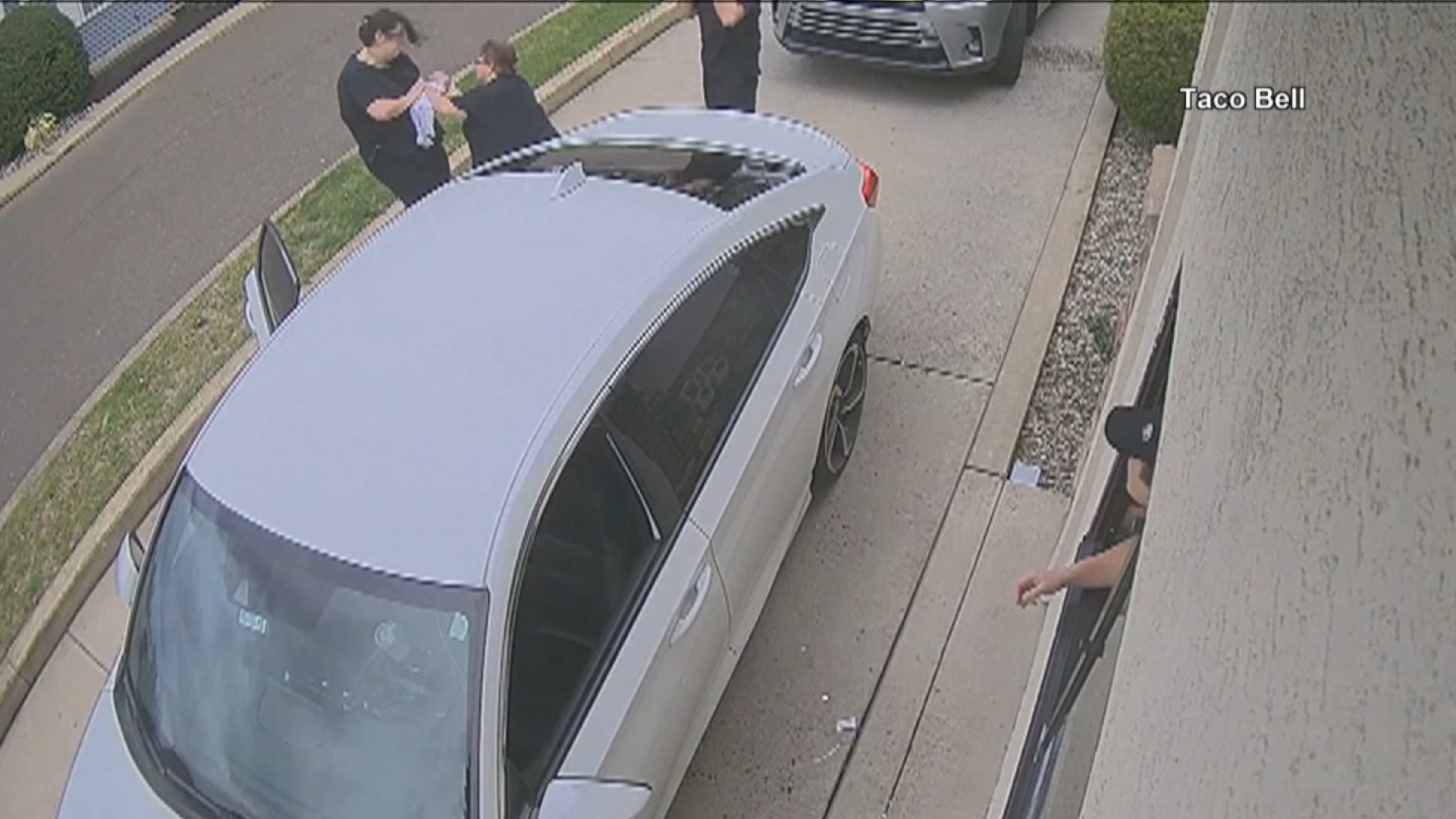
We conclude our week-long Temple series with a look at the team's kicking game. For Part I on recruiting, Part II on the defense, and Part III on the offense, click on the links provided.
Today: Kicking
Their defensive struggles are impossible to overlook, but these numbers almost manage to gloss over all those breakdowns in coverage.
"We scored 42 touchdowns and we gave up 42 touchdowns," Temple head coach Matt Rhule said in his year-end press conference on Monday. "I mean, that's unheard of. That should equate to being about 6-6, 7-5, 5-7."
Now here's the kicker.
"But the other team had like a 60-point advantage on us in field goals," he added.
Pretty close. Temple was outscored 63-9 on field goals (54 points) and 104-45 on field goals and extra points (59 points). That's especially horrifying when you consider that Temple (2-10, 1-7 American) -- as we've pointed out in Parts I, II and III -- lost four games this season by a combined nine points.
News
The 2013 Owls finished last in the nation in field goals made (3) and tied for second to last in field goals attempted (9). Their 33-percent conversion rate was worst in the FBS. Only five other programs -- Western Kentucky and Miami (OH) in 2011, Michigan in 2010, Duke in 2007 and Kent State in 2006 -- have made 33 percent or less in the last eight seasons. That list doesn't count Texas A&M in 2007 or Arizona in 2006, neither of whom even attempted one.
As for extra points, the Owls made 34 of 39 attempts for the third-worst percentage (87.2) in the country, ahead of only Kansas and San Diego State.
Sure, those long, backbreaking pass plays against Fordham, Rutgers and UCF all hurt, as did P.J. Walker's pick-six against UConn. But that point differential in the kicking game is tough to get past, and it impacted Temple's play-calling once over the 50.
True freshman Jim Cooper, Jr. began the year as the heir apparent to Brandon McManus. McManus, who spent time in the Indianapolis Colts' training camp this past summer, graduated last year as the program's all-time points leader.
Unfortunately, Cooper got off to a tough start and never recovered. He went 0 for 3 in his first college game, on the road at No. 14 Notre Dame, when he missed two field goals and had his lone extra-point attempt blocked. He came home and missed another extra point and another field goal against Houston in Week 2, forcing punter Paul Layton into action. Layton made Temple's first PAT of the season but also missed a 25-yard FG.
Cooper finally made his first kick -- an extra point -- against Fordham in Week 3, but was replaced at the half and repurposed as Temple's kickoff specialist for the remainder of the season. He finished the year 0 for 3 on field goals and 1 for 3 on extra points.
Enter Nick Visco, an Archbishop Wood product from Warminster, Pa., who ended up being responsible for the bulk of Temple's kicking points. Visco finished the year 3 for 5 on field goals and 29 for 32 on extra points. He converted Temple's first field goal of the season on the road at Idaho in Week 4, but proceeded to miss his next attempt, a 23-yarder, against No. 7 Louisville. Thus began Temple's five-game stretch without even trying a kick that didn't immediately follow a touchdown.
By the time they tried again, in the second to last game of the season, the snap was bad, the hold was bad, and the 27-yard kick (no doubt impacted by those factors) ended up about 20 yards wide. Go figure, in the final week of the season, on the road at Memphis, the Owls finally made two field goals in the same game -- in grand Temple-style. Visco's 22-yard try was partially blocked but had enough momentum to clear the crossbar before it landed on the stanchion. His second attempt, a 19-yarder, was far less eventful.
Bear in mind, it's not like Temple randomly took two kids off the street and asked them if they liked football. Cooper was a U.S. Army All-American and Visco was an all-state kicker. But every kick was an absolute adventure.
Visco's current issues are with the elevation of his kicks and his leg strength, things that can be worked on. Cooper's struggles, on the other hand, appear more mental. Rhule said Cooper has reached out to Penn State's Sam Ficken for advice.
"I told them both that I felt like we were patient with them during the year and now's their time to take it and run with it," Rhule said. "It's a completely different animal kicking at this level with the timing and the block rush. So now they'll have a chance to get their bodies under them ... come back in the spring and see if they can do it.
"We've tried to do a good job of staying positive with them. ... But at the same time, we also have to make sure we protect ourselves by recruiting."
However the place-kicking situation pans out, Rhule also has to go about replacing a punter. After relying on McManus to handle all the kicking duties for the previous two years, Temple was fortunate enough to land Layton, a transfer from Albany, as a punter this past offseason. Layton -- a bright, bright spot on special teams -- averaged 42.8 yards per punt and downed 24 of his 61 kicks inside the 20. But his Temple career is over.
"We're going to miss Paul Layton," Rhule said. "We've had five years of having a really good punter around here. Paul did a great job for us. We have to go find someone who can fill in that role.
"Whether it's the guys that are here or someone who's not here, [kicking] is an area we can instantly improve the team, in my opinion. It's being able to kick field goals from 30 yards and in, knowing you're going to make an extra point -- I think we missed five this year, some in some crucial games -- and continuing to having a good punter."


